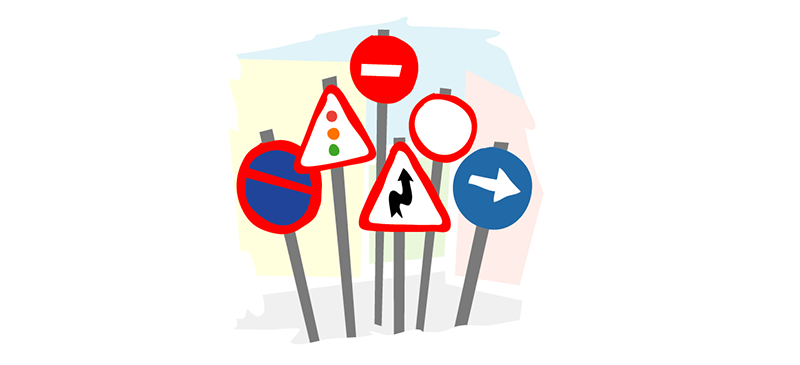What, why, what for and how we learn to influence the way citizens see themselves in a society
Living Democracy » Principals » LEARNING » Awareness » What, why, what for and how we learn to influence the way citizens see themselves in a societySchool is where students prepare for their roles as citizens and decision makers in adult life. Moreover, school is more than a place where students are being prepared for life – school IS life. As educators and students acknowledge this fact, the principal must embrace the challenge of leading the way.
The question of what, why, what for and how we learn is not to be taken lightly. It is the key question that teaching professionals and practitioners need to answer whenever they think about how to best serve their students. It leads you, the school principal, and particularly those teachers who set themselves the goal that all students should achieve their best possible results, to adopt a student-centered approach. What does this mean?
The wrapped gift box
At the beginning of the school year, each teacher holds a wrapped gift box in his or her hand. Its contents have been described as the curriculum or even as a textbook, to be delivered, given or taught to students, and to be learned at a certain level. To a smaller extent, the gift box contains pieces of science. The ministry of education, or the local authorities have put together the basic content. It is up for the teacher to decide how to prepare this box, how to present it to the students with instructions following its unpacking. Although the contents may be the same, teachers can find many ways of arranging them in the box. They can also improvise on what and how to rearrange the content, how to wrap and decorate it, how to give it to the students with suggestions of, ways to unpack it. Even if this procedure – amounting to the process of teaching and learning – is repeated year by year, there are so many different ways for each step, that the interaction between students and teachers can prove to be new and different every time.
What makes a gift box?
A wrapped box is interesting in itself, and even more so if its wrapping appeals to the receiver. When selecting a gift, one can either have one’s own interests in mind, or the recipient’s. Depending on the giver’s choice, a wrapped gift box can turn out to be a joy or a disaster. Teachers have all the means at hand to ensure that this gift will be a success. They master their science, and through experience they know a lot about the learners’ needs and interests. Curiosity is a natural characteristic of humankind. We owe the evolution of civilization to curiosity. If teachers succeed in presenting their subject matter as an object to be discovered, or unwrapped, as it were, and if they also manage to arouse curiosity about it, they will help their students to extend their interests beyond their personal issues and broaden their scope in looking beyond their personal sphere of life.
What kind of gift box opener are you?
Regardless of whether a gift box is unwrapped alone or together with others, there are several ways of using a brand-new object. Some need a manual before they touch it, while others are willing to accept the views and suggestions of whoever happens to be present. A third group, needing neither of the above, takes time to look, touch and experiment by themselves. In all situations, this whole event involves at least two persons, the giver and the receiver, but it has an impact on a bigger number of people around. Actually, it is something like the butterfly that flaps its wings somewhere south and the tornado rages far in the north. It is a social thing. Competences are necessary to make good use of the the package, including some knowledge about the contents, an understanding of their characteristics, but also methods and skills to present and discuss them, as well as an attitude of responsibility that unpacking, ownership and use of the contents can create.
It is fascinating that the contents can be different, but the process of handling is basically alike. What is more fascinating is that this process is crucial for the self-esteem and the role of learners as citizens in a society. What is even more fascinating is that the school principal is the one to conduct this whole celebration, because it concerns the profession of all teachers, regardless of their specific profiles.


